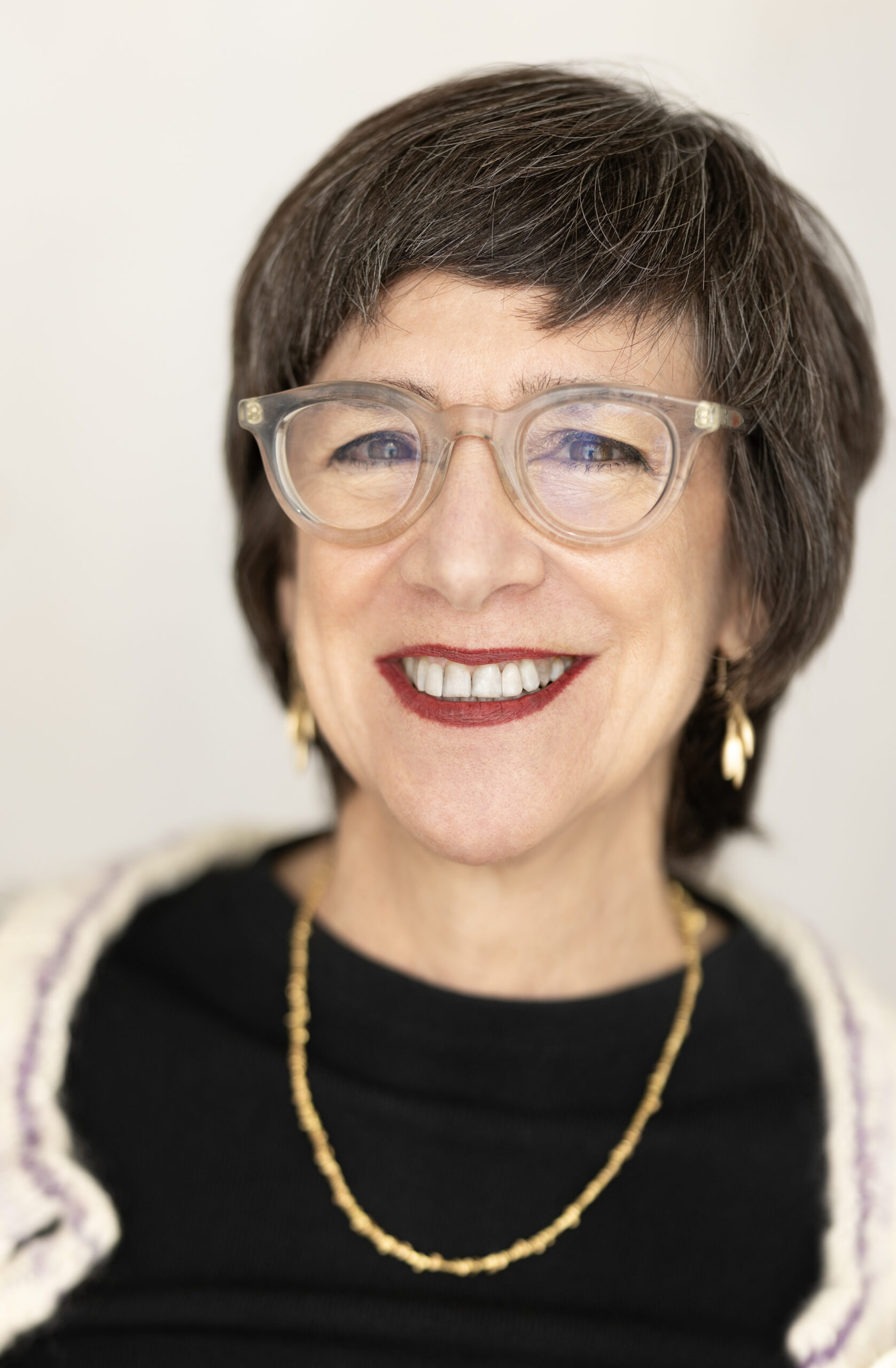This month, we’re happy to bring you poems from JOHN FREEMAN’s forthcoming collection, The Park, out on May 5th from Copper Canyon Press.
Table of Contents:
- Easement
- Ghost
- Youth
- Halfway
- On Love
- The Politician
John Freeman is the editor of Freeman’s, a literary annual, and author of the poetry collections Maps and The Park, as well as three books of nonfiction, Dictionary of the Undoing, The Tyranny of E-mail, and How to Read a Novelist. He has also edited three anthologies of writing on inequality, including Tales of Two Americas and Tales of Two Planets, a new book about global inequality and climate change, forthcoming from Penguin. The former editor of Granta, he lives in New York, where he is writer-in-residence at New York University. The executive editor at Lit Hub, he has published poems in Zyzzyva, The New Yorker, The Paris Review, and The Nation. His work has been translated into more than twenty languages.
Easement
The king instructs
the dukes,
open your gardens,
and Paris becomes
an archipelago of green.
Napoleon
moves the Medici
Fountain and the public sits so close
they can almost drink.
The Comte
de Provence, he of the
enormous library and astonishing
debts, which his grandfather
always paid, the
custody battles and
exile, he sells off a
nose of the park and
buys a new horse.
The new king is not
a king but he makes
adjustments
like the rest.
He sends his plain-
clothed men
to the park to sweep
out refugees with
their swinging batons
What if we have this
wrong, maybe
what is tough is history,
and what is progress
is greed. And what
needs adjustment
lives outside the park,
not in?
Ghost
I followed him for five laps—
the barrel-chested, twig-armed
man of eighty or so
tilting into his stride, white hair flowing,
sockless sneakers coughing across
the crushed-pebble paths.
Each lap he’d go faster,
arrow-nose piercing the air,
until light around him bent
trees unpeeled their arches,
the sky revisioned its zeppelins,
cavities carved by the war
refilled with glorious Haussmann
buildings, the undead city
around the park asking
for forgiveness, had they
known. If only they’d known
how bad it would get. Faster and faster
he runs still, until he’s a mere
streak of light, Paris becoming
the undivided Jerusalem
it once was,
and he Adonis, a poet
racing to the beginning with no discernible
lack of energy.
Youth
Every Sunday belfry bats of dread
flapped in the day’s corners—
I raised my head at 25, at 30, then 35,
as the sun arced down, always
wretched by the coming dark.
I assumed it was the awakening
singular to humans:
one day, that day would be the last.
The gods, they hide in plain
sight in our days. Thor in
Thursday, Frigg in Friday.
Now in the Wednesday of my life,
Odin speaks as I sit
on this bench, watching a line
of schoolchildren pass,
and a more benign set of ravens
lands on my shoulders.
Those two days spent free—
every week, no workbook
or desk, just running,
drinking water, practicing home-run
swings, then the rust-warmed
burst of water from a hose, its
green tube always hot in the hand—
they were golden. I simply
did not want them to end. Two
decades and finally I see
I am free again.
Halfway
Woken in
night’s
dark basin
your hand on
my back. Fifteen
years and my
body’s no longer
mine alone, it’s yours,
ours. In these hours
before the street
lamps click off,
you stroll there
absentmindedly,
safe. Like
a person who
needs to walk
a familiar path
each night
before falling
asleep.
On Love
I leave the spread of your hair and walk
into the park, sit in the hollow of night’s
carcass. Others are here, lovers stranded
by love. Islands beneath a cerulean sky.
They stare into the trees, not looking, not
searching, but holding the small part
of themselves they do not give, in order to
give, cupping it, like tiny blue flames.
The Politician
Night conspires to hide his gloom,
this falcon born of air and fire,
wicked plume. Who could desire to sit
in such a chair, beneath gothic spire,
giving midnight scare? Yet here
he is in the Sénat this moonlit
night, clouds scudding her bone-white
sight, counting rats and fowl,
pinstriped, proud, knowing these
once-private chambers are locked
again from the filthy crowd.





